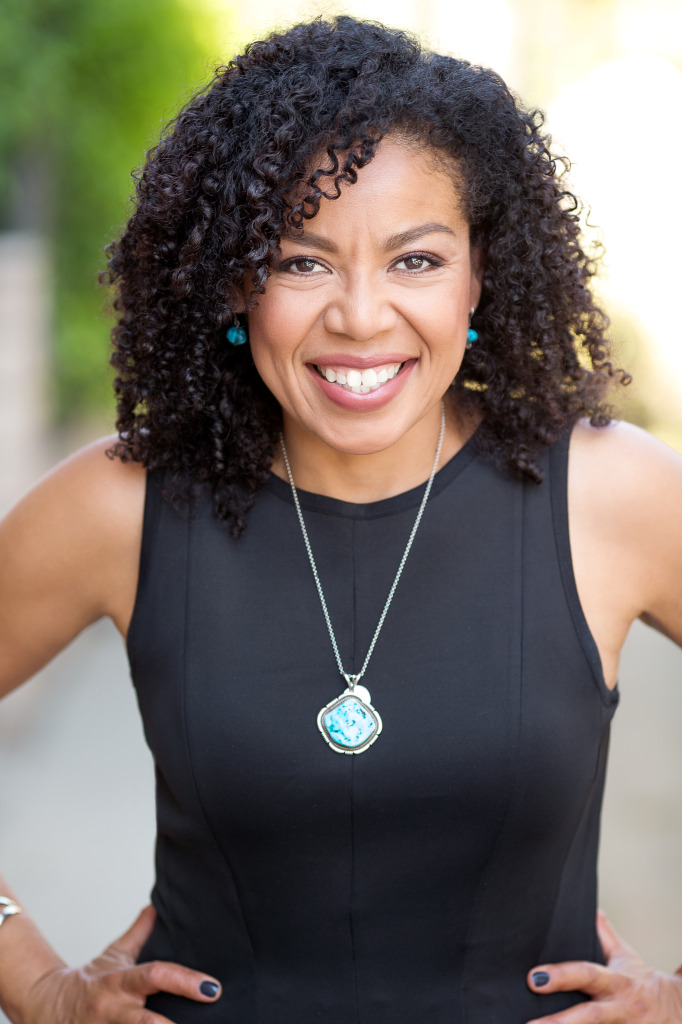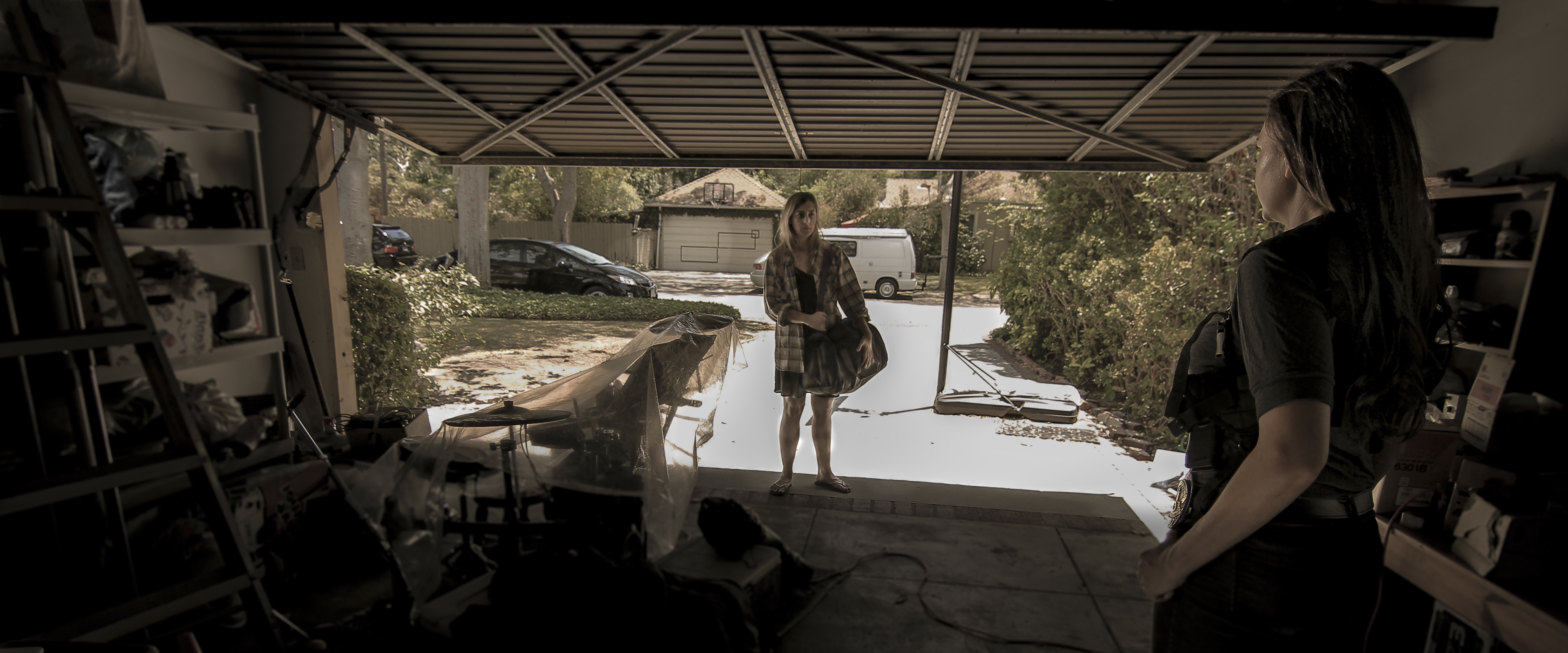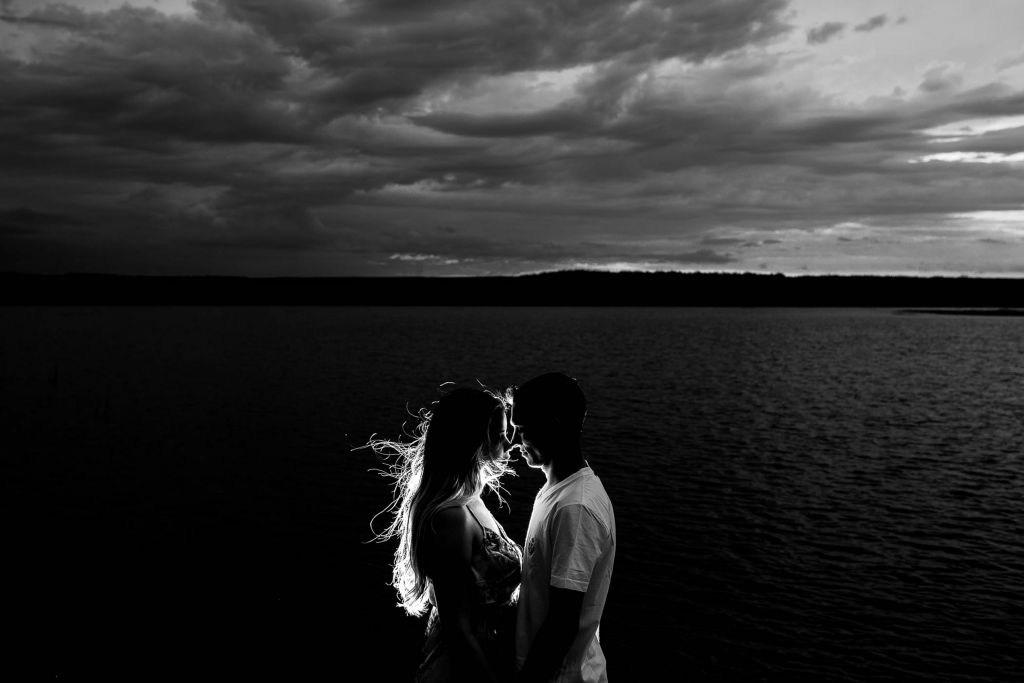
Here are some stats that might surprise you:
+ In 2013, women accounted for 16% of all directors, executive producers, producers, writers, cinematographers, and editors. This represents a decrease of two percentage points since 2012 and a decrease of one percentage point from 1998.
+ Women comprised 6% of all directors working on the top 250 films of 2013. This represents a decrease of 3 percentage points from 2012 and 1998. Ninety-three percent (93%) of the films had no female directors.
+ 36% of films employed 0 or 1 woman in the roles considered, 23% employed 2 women, 33% employed 3 to 5 women, 6% employed 6 to 9 women, and 2% employed 10 to 13 women. In contrast, 1% of films employed 0 or 1 man in the roles considered, and 32% employed 10 to 13 men.
Even though:
+ Diversity means money. Broadcast comedies and dramas with more diversity get higher ratings. Films with just 21-30% diversity earned a global median box-office total of $160 million, while films with less than 10% diversity made just $68.5 million.
For these reasons and more, we are thrilled to have the opportunity to speak with Screenwriter/Producer, Stacey Parshall Jensen about women in film, what it’s like to work with her husband, one of the secrets we still keep in society, and all about her new film “Blessed.”
The LBM: How/Why did Through The Wilderness come about?
SPJ: My husband, Peter and I, were co-workers for a theatre company in Minneapolis so collaborating on projects was the basis of our friendship. We both had aspirations to attend writing programs in California and during that time of submissions and acceptance into different schools, we started dating and eventually got engaged fall of 2007. In 2008, days after our wedding, I started USC School of Cinematic Arts for my second MFA, this one in screenwriting, while he was in his second year at CalArts in a grad program, Writing for Performance. We talked about someday working together again but nothing was concrete. Lanee Bird, our daughter, (mine, his step-daughter) graduated from high school one month after we both graduated from our grad programs in 2010. She left for college at SFAI and we began our careers as freelance writers. We both had low-paying jobs, piecing things together with support from our families and living simply. But even then, we discussed a company for someday.
These conversations grew as we both honed our writing voices and then the dream took on clarity. The moment it all fell together for me was when we landed on the name, Through The Wilderness. At some point everyone has been in “wilderness” in their lives, in their minds and their hearts. We certainly had been as newly married couple with a daughter in college. We both knew “wilderness” from our own journeys towards health. I was struggling with menopause and back pain yet writing women’s stories of survival and overcoming obstacles. I explore the impact childhood pains and oppressions have on our adult lives. I write to find the light. And so does Peter with his drama and dark humor stories. This is exactly what Through The Wilderness, LLC focuses on. We tell the underrepresented story. We create new takes on old tales. To find the light.
The LBM: What is it like to co-executive produce with your spouse?
SPJ: It’s great! We work really well together. We’re still new at this gig, as executive producers so there is still some defining the roles going on, but we each have different strengths that other one supports. I’m a scheduler, detail-driven whereas Peter is development and big picture. We make all decisions together but we come at them from different perspectives and that works. Right now we’re executive producing our first film, Blessed, a female action short film that I wrote, so my role is different than his in this project. But on set, as producers, we’re full partners. It’s exciting for us to see this happening. As a storyteller, I couldn’t ask for more.
The LBM: I’ve noticed you call yourself a storyteller more than a filmmaker…
SPJ: I do. I think I say storyteller because making film is still new for me but spinning a tale? That’s been happening for years. Prior to writing screenplays I wrote stage plays while I was in school getting my first MFA, which is in creative writing. I have an unpublished novel that I’m finally revising. I have a memoir I play with and an idea for another memoir/non-fiction work. So stories come to me in different forms. They present themselves as prose or TV or features. Now, I love a good story. Story is really the blueprint for any of these creative endeavors because without story nothing would happen. Right? Plus storytelling is what we’ve done for ages. That’s how we connect to our past, understand our present and dream about our future. Storytelling is a necessity.
The LBM: Sounds Like we need more storytelling, now more than ever. So, what is your current film Blessed about?
SPJ: Blessed is the story of Kiona Stetson, a Native American cop who is grieving from her third miscarriage and is returning to work. She’s trying to convince herself she doesn’t want a baby at all. Her husband is shocked and hurt to hear this. And her mother, who is more traditional, tells her that The Great Spirit will bless her with a child but not until she’s ready, which is upsetting for Kiona to hear. Meanwhile, KT, a young girl on the run, she has two goons sent by her criminal boyfriend chasing her, arrives at Kiona’s with a plea before she dies. When the bad guys show up, Kiona’s maternal and professional instincts kick in so she can save her family.
Blessed is about a woman grieving, struggling with the notion that being a cop somehow means she won’t be a mother. She doesn’t want to admit that because that only deepens the guilt she already carries. I think for many women who suffer from infertility or experience miscarriages or lose their babies, carry an immense amount of guilt and shame. And that is outrageous to me! It breaks my heart that in our society today we keep miscarriage and infertility a secret. A dark secret. We treat people who need others the most as deficient. It’s really painful. Our hope with this film is to shed a little light on those who suffer from the losses so maybe they won’t feel so alone. My hope as the storyteller is that the emotional journey Kiona is on rings true and perhaps can bring some healing.
The LBM: Those are some big topics to cover, especially in an action drama; Would you say you’re passionate about these subjects?
SPJ: Yes! Oh yes! I’m very passionate about women, children and families. I’ve been child and women’s advocate for years, first working in a domestic abuse shelter then I went to graduate school and obtained a MLS in Interdisciplinary Child Social Policy. I’ve been a women’s counselor, an academic advisor and a life coach. Advocacy is still a part of my storytelling. It’s how I can #BeAnAlly. Justice, fairness and healing are also themes I’ve very passionate about so I have to tell the full story of what has wounded my characters in the hopes that the audience cares and connects with them, will cheer for them and go with them on their journey. …Through The Wilderness. I’m also a birth advocate with some doula training. Specifically, though, writing about miscarriages and infertility is how I’m gaining my own deep healing. I have secondary infertility from early menopause, which has been hard to deal. There’s a wide range of emotions around that issue in my life but I’m so grateful that I’m a storyteller because I’m able to process some of those emotions through my characters, and in this case, through Kiona, this strong Native American cop in Blessed.
The LBM: In terms of women in film; what is/ do you hope to be your role in that discussion, in the industry?
SPJ: My beautiful lead actress of Blessed, DeLanna Studi, referred to this film as “groundbreaking” which first made me almost cry but then once I got passed the blushing and that critical voice in my head that says “no, that’s not true”, I starting contemplating what that means and if it is true, than what is my responsibility? I didn’t set out to make “the first” of something. That feels like a lot pressure to get out way ahead of our current life and see what’s coming clearly enough to create something “first”, if that ramble makes any sense. What I have done though is write a story with a strong Native American female lead who is complex, emotional, fierce, and loving. She’s a cop, a profession that is not shown often for Native American female characters. Maybe not at all. Plus, Blessed is an action drama, which is a genre that doesn’t have too many female characters like my Kiona and certainly not lead characters. The action genre is not a home to many female filmmakers, which I think needs to change. Hopefully, my role in this discussion is to keep pushing the limits, showing how women’s voices are not just “women stories” meant to be marginalized but universal stories filled with love and loss, strength and hope and they are exciting and entertaining. Studies have already shown that women in films brings in box office bucks so our role now is to keep creating content that is authentic and honors women for who we are.
The LBM: You’ve filmed half of this short, “Blessed” already. What was the experience like for you?
SPJ: Oh my Gosh! It was such a thrill. An over-the-top freakin’ joy! I saw this amazing creative team of cast and crew come together and create something really beautiful. At the helm is my director, Jen Derwingson, my DP, John Orphan, and our producer, John Hermann, who make a brilliant team. Add Kristina Kondrath at ReKon Productions to the mix, which is where we built the set for the nursery, and the extremely talented crew they brought together, and well, we just couldn’t go wrong. My talent? Oh, I can’t wait until everyone can see this. My lead is the beautiful Delanna Studi who makes me cry with how she reveals so many layers of Kiona, and Daniella Garcia, who’s tragically beautiful as KT, the dying young girl. Dani has her dad’s acting chops but it’s the emotional depth she brings to this role that is spot on for what I wanted and actually what I saw in her when I was writing this script months ago. Julia Vera is Kiona’s earthy, Native traditional mother and Ryan Barry Michaels and Aleksandr Sountsov are my Russian bad guys, scary on screen but really funny and sweet in real life. Everyone worked so well together to bring this story to life. It was so exciting because we shot the action scenes first! For three days and then we’ll do the other scenes in December. But the action- Wow! We had pyrotechnics. I learned how to set squibs for bullet explosions. We had stunt doubles and a car chase and live amo with an armorer on set, who, by the way, was a woman. It was so great! The best experience I’ve had as an artist, so far. And these same scenes are filled with the emotion about Kiona’s miscarriages and mothers making sacrifice. I came home every night weepy. And blessed. So Blessed.
The LBM: For fun, what 3 words would you use to describe your filmaking/storytelling aesthetic?
SPJ: Suspenseful. Emotional. Necessary. Wow, that third one surprised me when it popped into my head!
The LBM: Love it! So, if Blessed is the beginning, where do you see your career going in say 10, 20 years as a filmmaker?
SPJ: Movies! Movies! Movies! I want to do this for the rest of my life. I’m hoping, no wait, I’m planning that Blessed with catapult me into a feature-length action film with a Native American badass chick cop lead and I’ll continue to make features like that. I have another feature script in development right now about a Muslim Pakistani American mother of a US Army soldier who is taken captive in Afghanistan, called Waiting For Sam. That film will put me on the map as a dramatist. It’s a hard, beautiful story about motherhood. I have two TV limited run series, one about a cop, of course, and other about a vigilante abused wife…hmm…there’s that motherhood and justice theme again. I’m just really happy that I know what I want to be when I grow up.
The LBM: That is something we all aspire to! Thank you Stacey, for your time and for a sneak peek into your exciting work. We can’t wait to see what you do next!
To see more of Stacey Parshall Jensen’s work, you can follow her on Facebook, Twitter and at http://www.throughthewildernessllc.com


